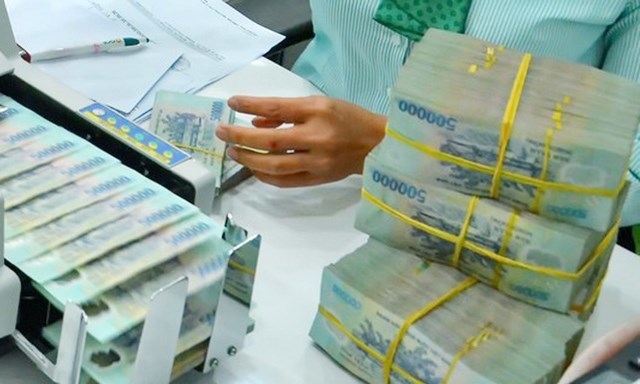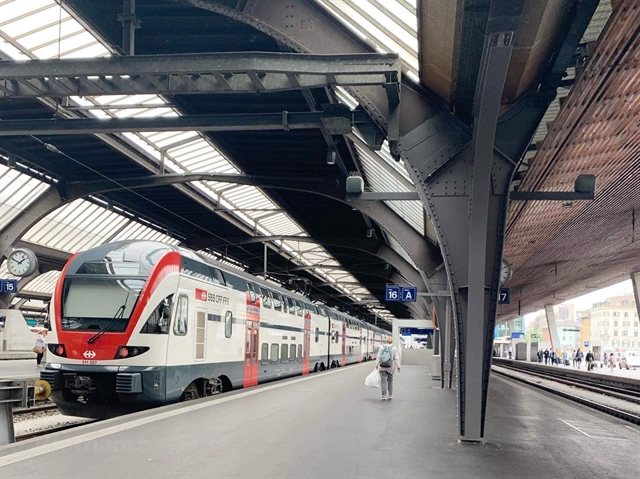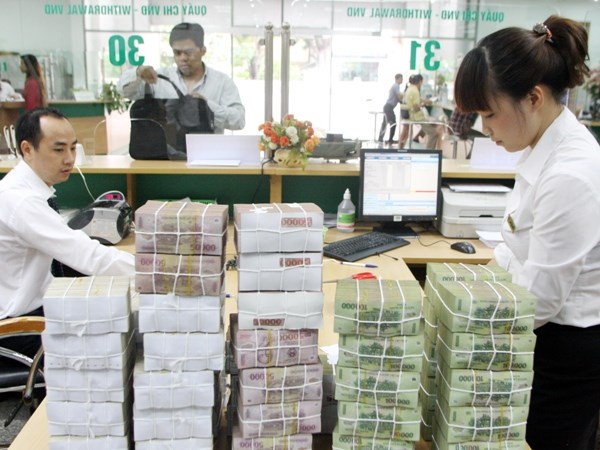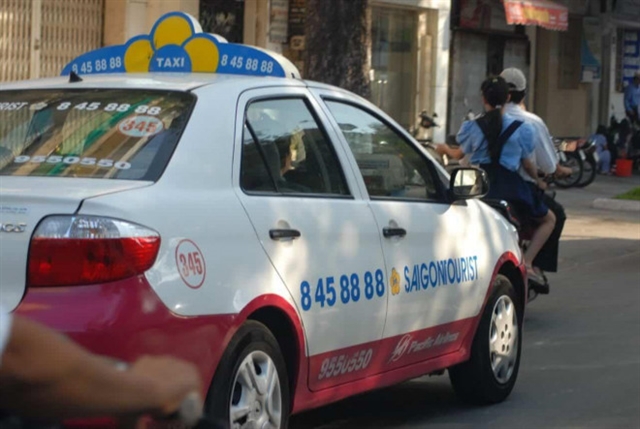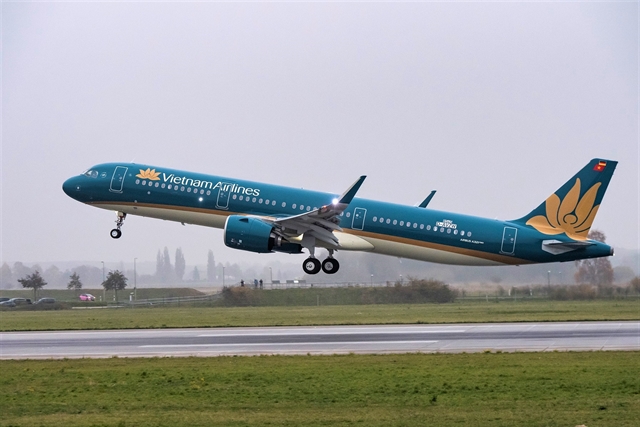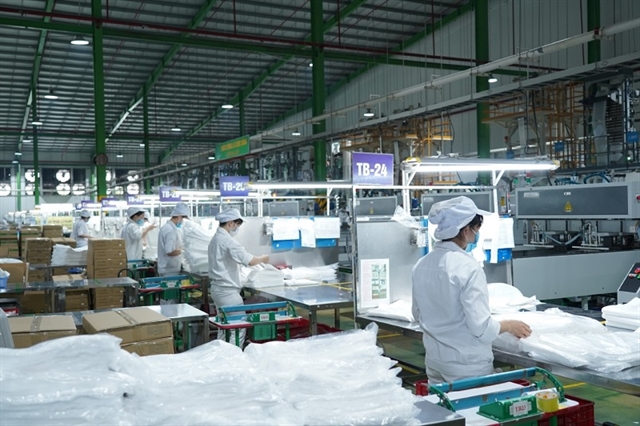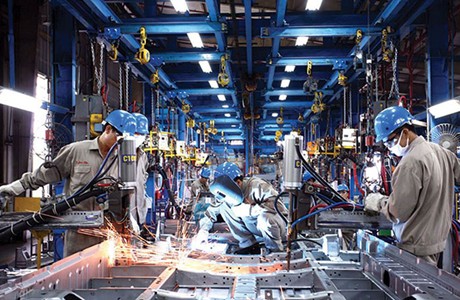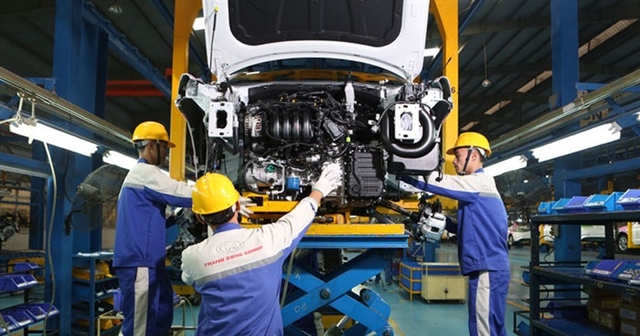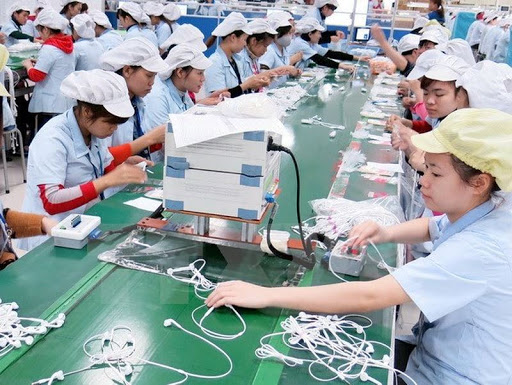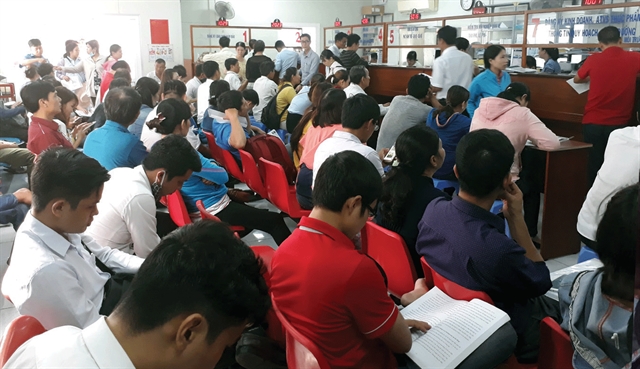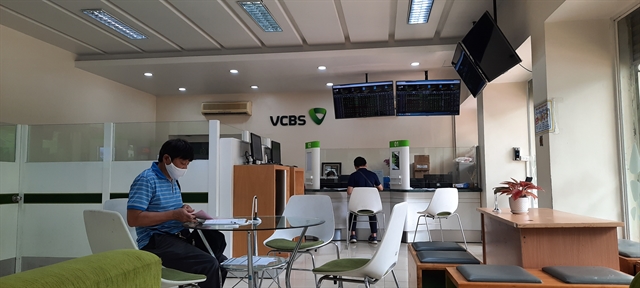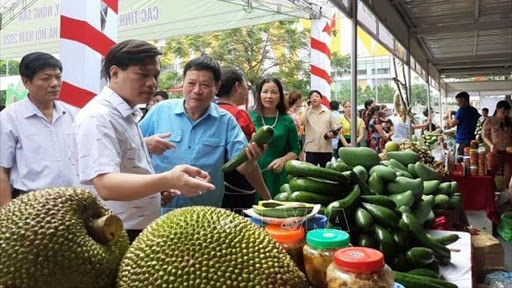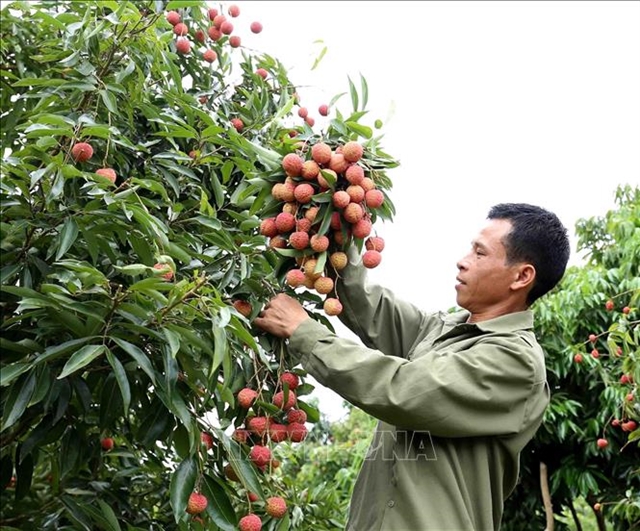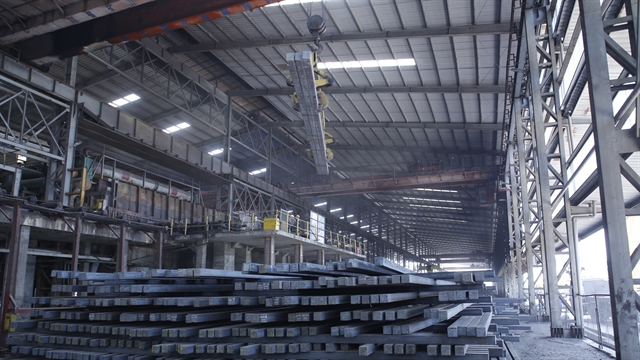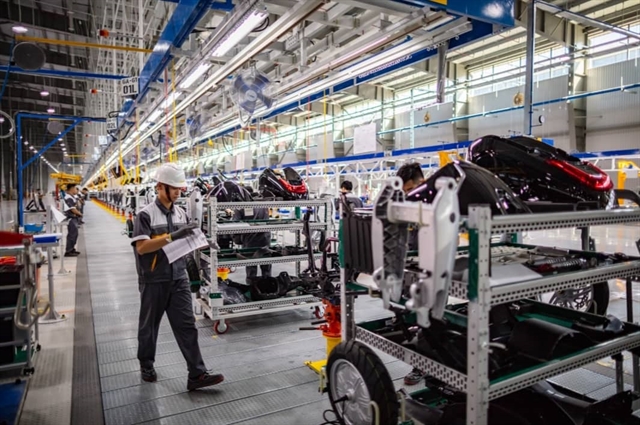
HÀ NỘI – The Government’s decision to offer a zero-import tax rate on automobile components opens significant opportunities for the local industry to lower prices, enhance competitiveness and promote consumption.
Under the Government’s Decree No 57/2020/NĐ-CP, dated May 25, the import tax rate on automobile components would be cut from July 10 in an effort to promote the domestic automobile production and assembly industry in 2020-24 period.
This would mean that more automakers would enjoy the tariff compared to those regulated in Decree 125/2017/NQ-CP dated November 16, 2017.
In the previous decree, automakers must reach regulated output levels to enjoy the tax incentive, which benefits only producers with high output. For example, companies must produce at least 8,000 nine-seat cars with cylinder capacity of 2,500 cc or less in 2018 and 13,500 cars in 2022 to be eligible for the tariff.
Notably, firms which import automobile components which had not been produced domestically to supply automakers would also enjoy the tax incentive, according to the new decree.
Lê Ngọc Đức, director of TC Motor, was quoted by online newspaper Vietnamnet that the tax incentive would help narrow down the gaps in price competitiveness between domestically assembled cars and those imported from ASEAN.
However, the competition remained harsh. It was estimated that the tax incentive would help reduce production cost of domestically assembled cars by about 15-17 per cent. In comparison, cars imported from ASEAN were enjoying zero import tax, meaning that their prices were 23-25 per cent lower.
Automakers were expecting more incentives so that they could further lower their prices to be able to compete with those imported from ASEAN, Đức said.
The Government was also considering amendments to the special consumption tax on cars, which, if passed, was expected to give a boost to the local automobile industry.
The domestic automobile industry was anticipated to face increasing competition as import tax on cars would be gradually cut to zero in the next 10 years following commitments to the Comprehensive and Progressive Agreement for Trans-Pacific Partnership (CPTPP) and the EU-Việt Nam Free Trade Agreement (EVFTA).
Customs statistics showed that Việt Nam imported automobile components worth US$4.16 billion in 2019, from $3 billion in 2015, mainly from the Republic of Korea, Japan, China and Germany.
In the first four months of this year, automobile component imports totalled $1.16 billion, a slight decrease against the same period in 2019 due to the impacts of the COVID-19 pandemic.
More details awaited
The Government officially gave nod to a 50 per cent reduction in registration fees for buyers of locally manufactured cars which was highlighted in the Resolution No 84/NQ-CP dated May 29 about measures to remove difficulties for business and production and accelerate disbursement of public investment in the post-pandemic period.
However, it is unknown when the reduction would come into force, while it would expire by the end of this year.
In the market, buyers tended to delay their purchase decision until they could enjoy the reduction, which would amount to dozens of millions of đồng per car. The registration fee is two per cent, according to the Decree No 140/2016/NĐ-CP dated October 10, 2016.
Phạm Đình Thi, Director of the Ministry of Finance’s Tax Policy Department, was quoted by Zing.vn as saying that a decree on the registration fee reduction was being developed and would be issued soon. The draft neared completion and would be raised for comments, Thi said, adding that the process for issuance of this decree would be shortened.
The Ministry of Industry and Trade’s statistics showed that automobile sales saw a considerable drop in recent months due to the COVID-19 pandemic – by 23.8 per cent in April and 26.9 per cent in May.
According to Việt Nam Automobile Manufacturers Association, its members sold 10,816 cars in April, 46 per cent lower than the same month of 2019. - VNS
